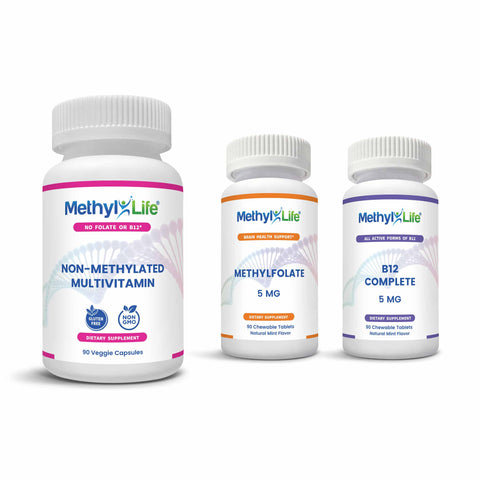As we grow older, it’s normal for our brains to experience something called cognitive decline. This is when our brains start to become weak and aren’t able to function as well as they used to. It’s a natural part of the aging process and will happen to everyone at some point in their life.
As humans, our main goal is to put our body in a position that slows this cognitive decline and keeps our brains functioning at peak performance for as long as possible. Unfortunately, this isn’t a reality for most people and cognitive decline will start to take over their quality of life.
We see this often in dementia patients, where they start to experience memory loss, the ability to speak, and everything else that might involve thinking or reasoning. It’s a sad part of life, but it’s something we must prepare for and should try to prevent as much as possible.
Even when dementia starts to affect someone we love, we must do what we can in order to slow it down as much as possible. Luckily, science has provided us with some quality ways to prevent this and in some cases treat the symptoms of dementia.
One of those preventions that has raised eyebrows in recent years is Vitamin B9, one of the eight b-complex vitamins found in the body and diet. Don’t worry, we’ll break down everything you need to know about Vitamin B9 and its effect on dementia patients. First, however, we must understand what dementia is and why it’s so damaging to our health and quality of life.
Also Read: Does Methylfolate Make You Depressed?










